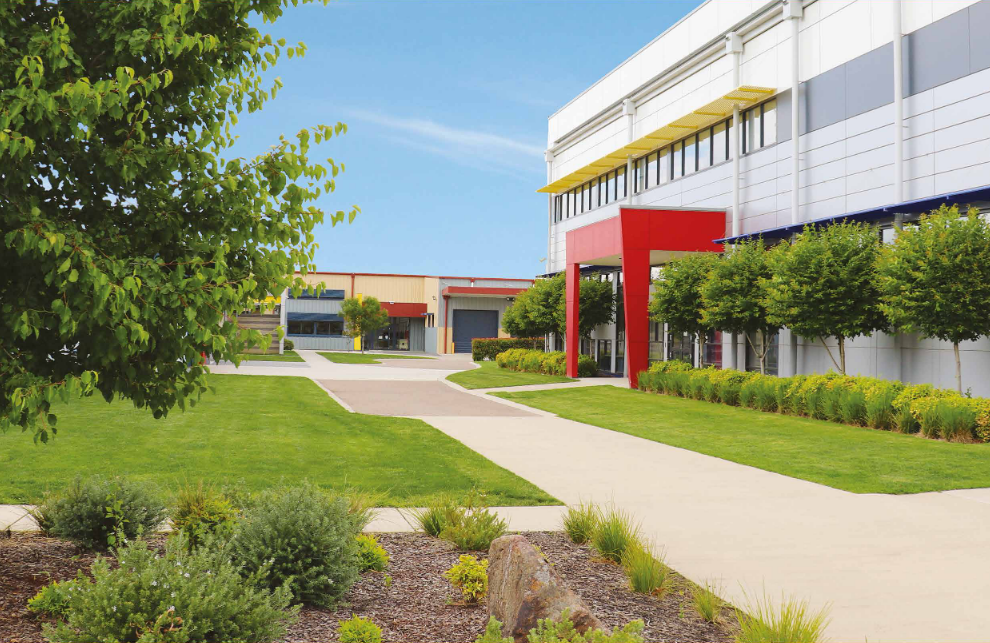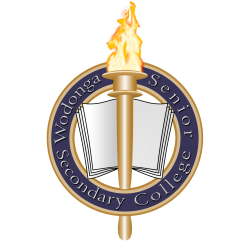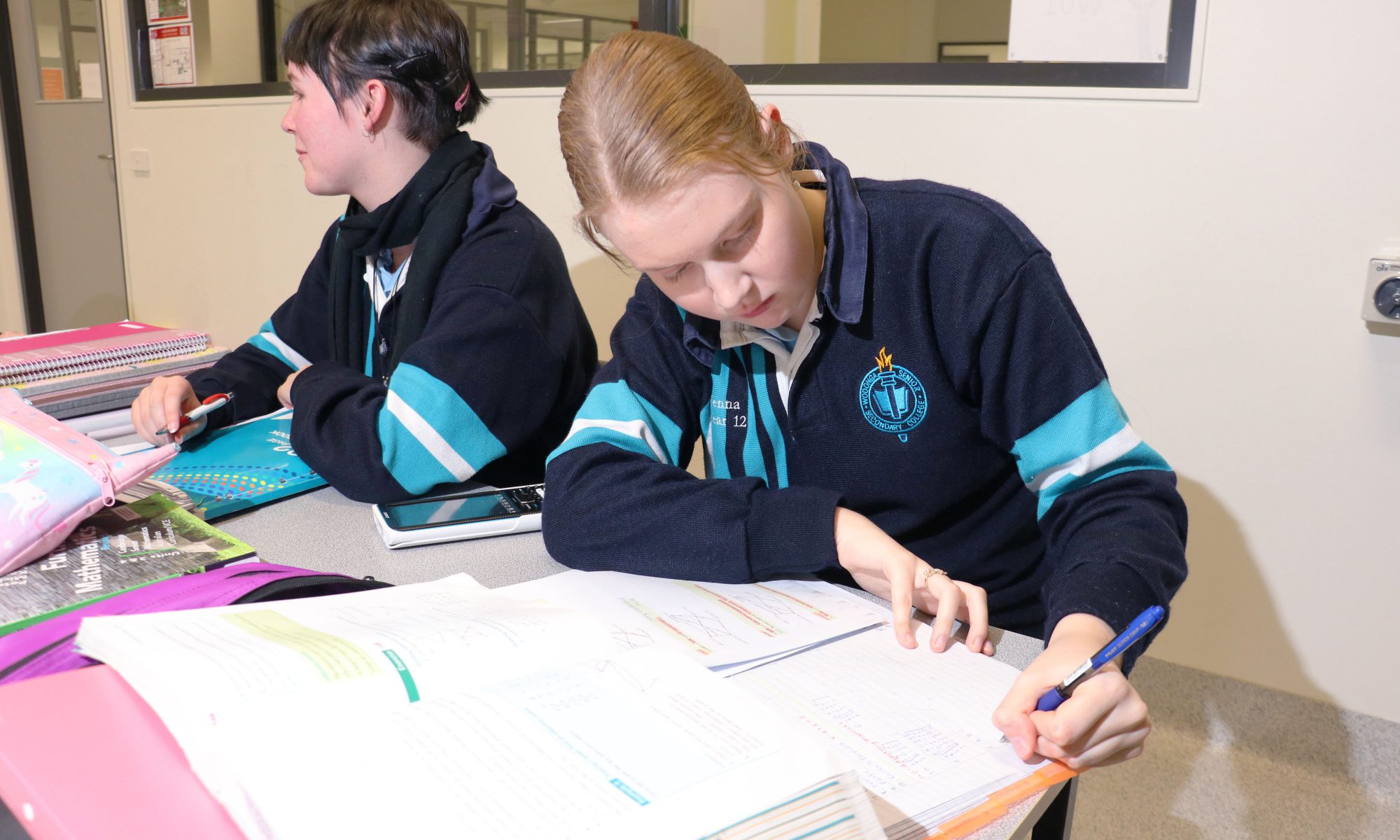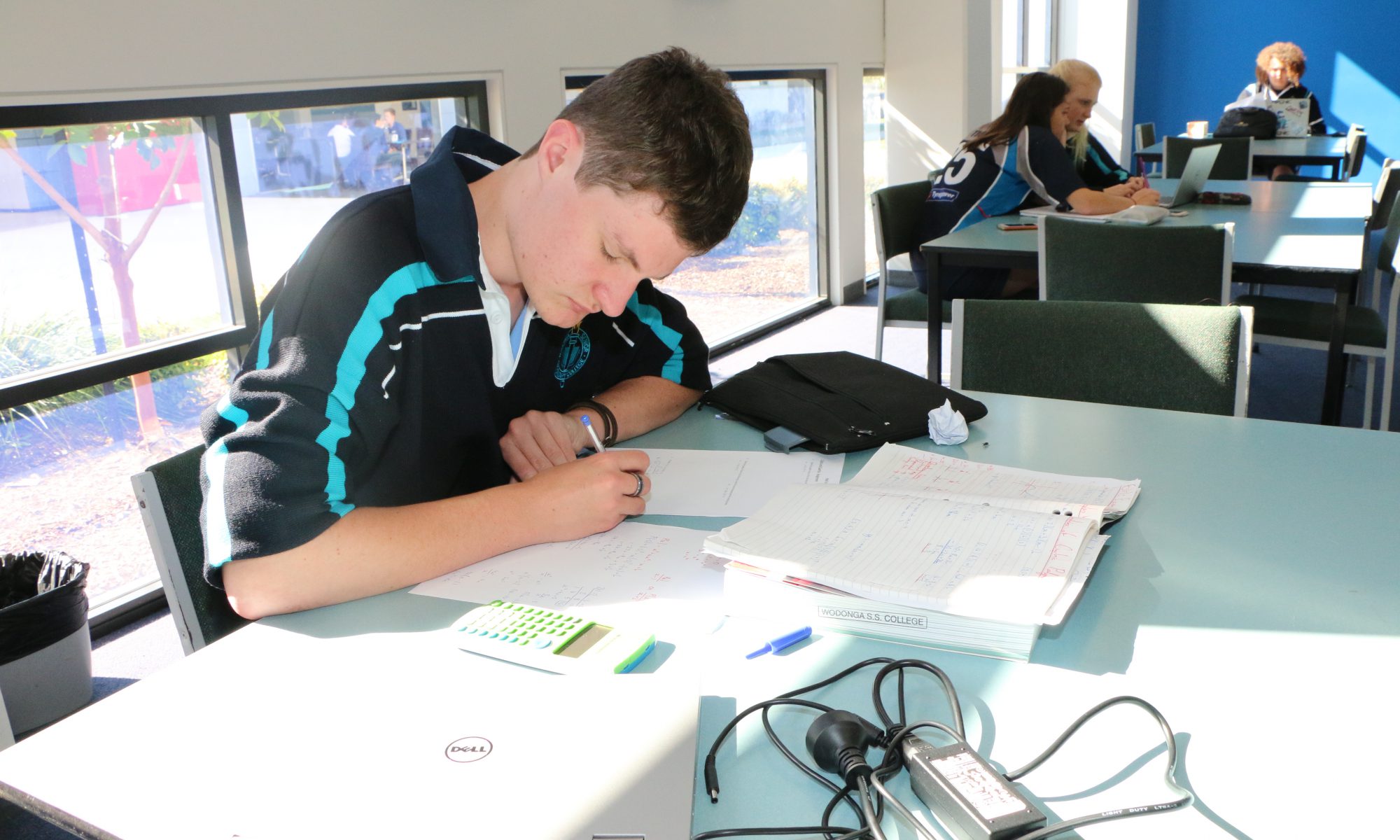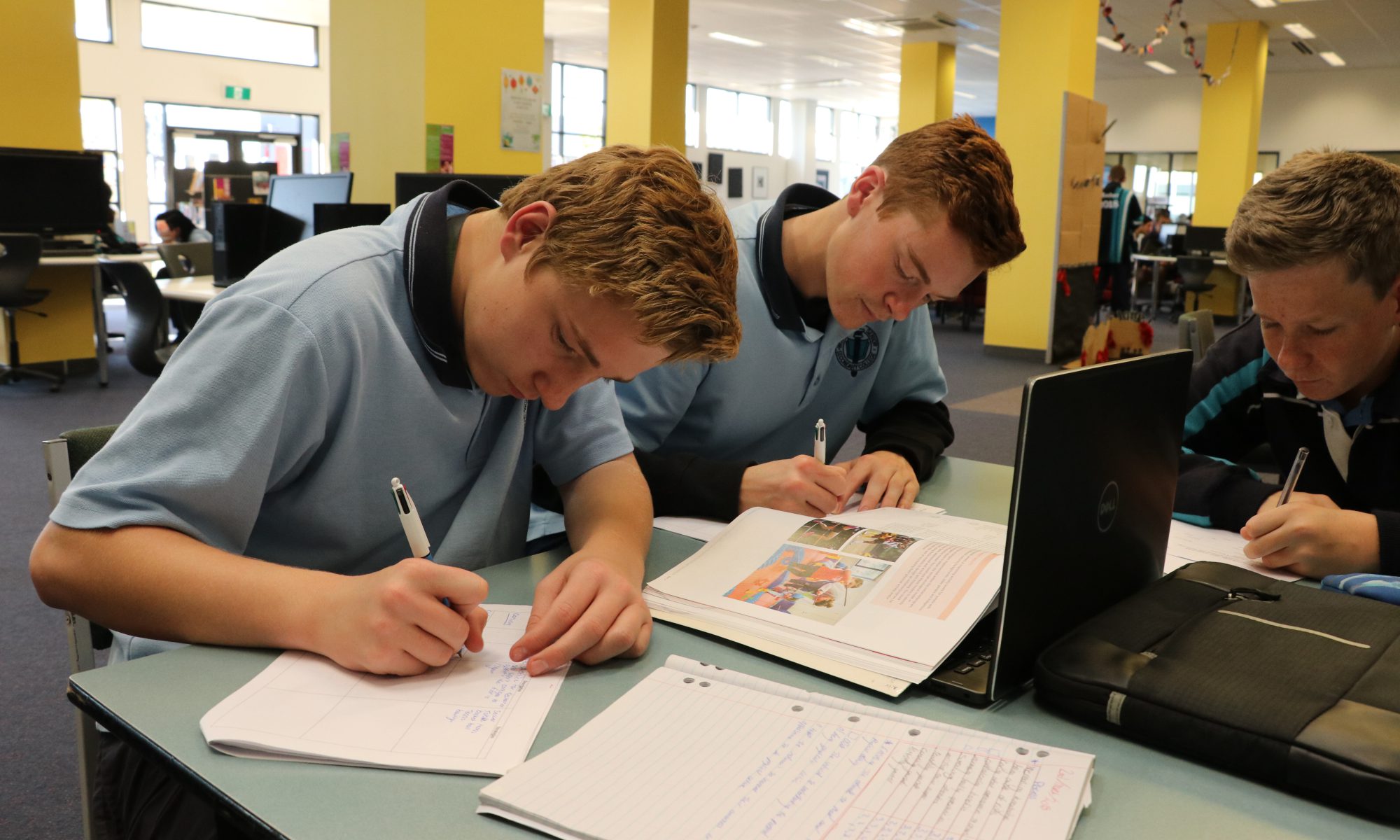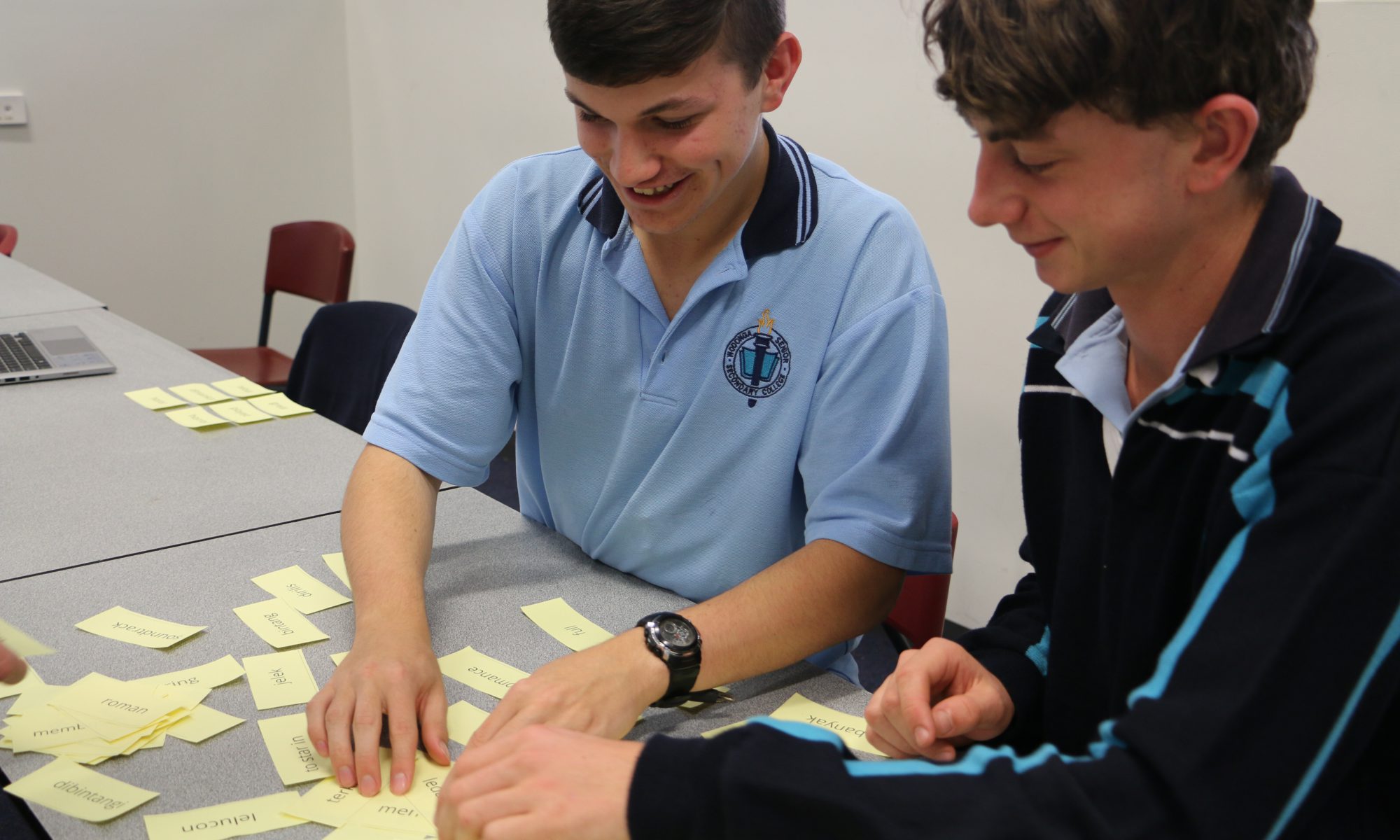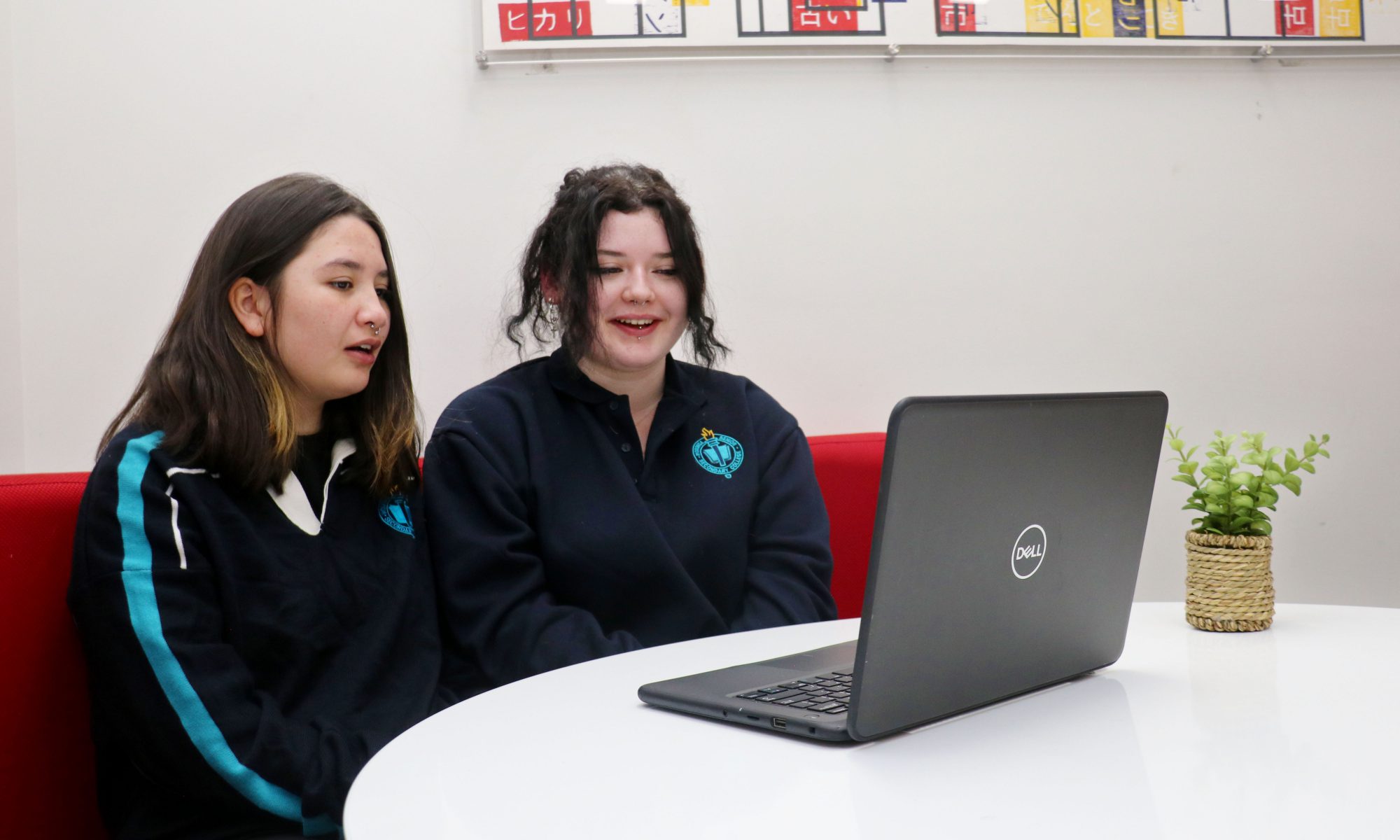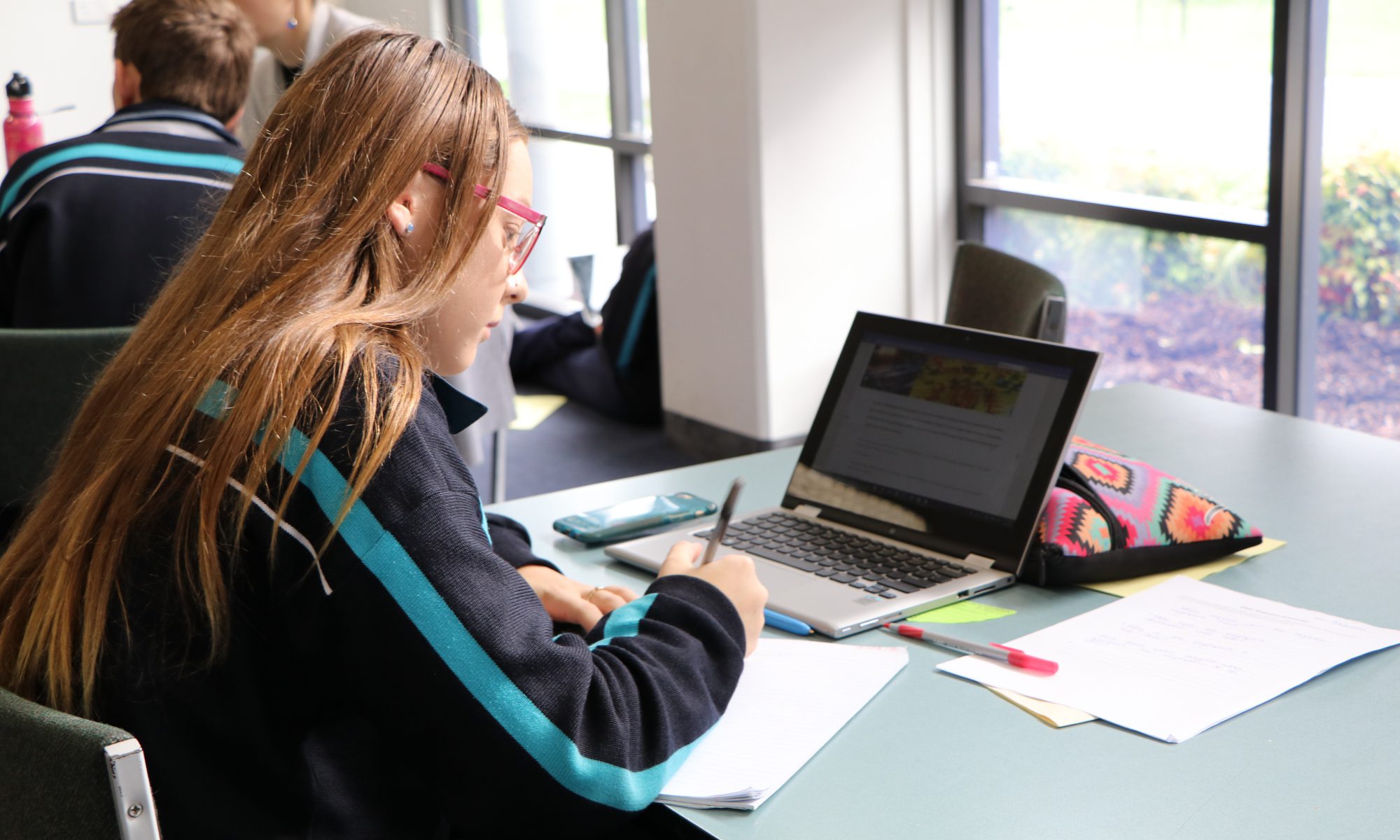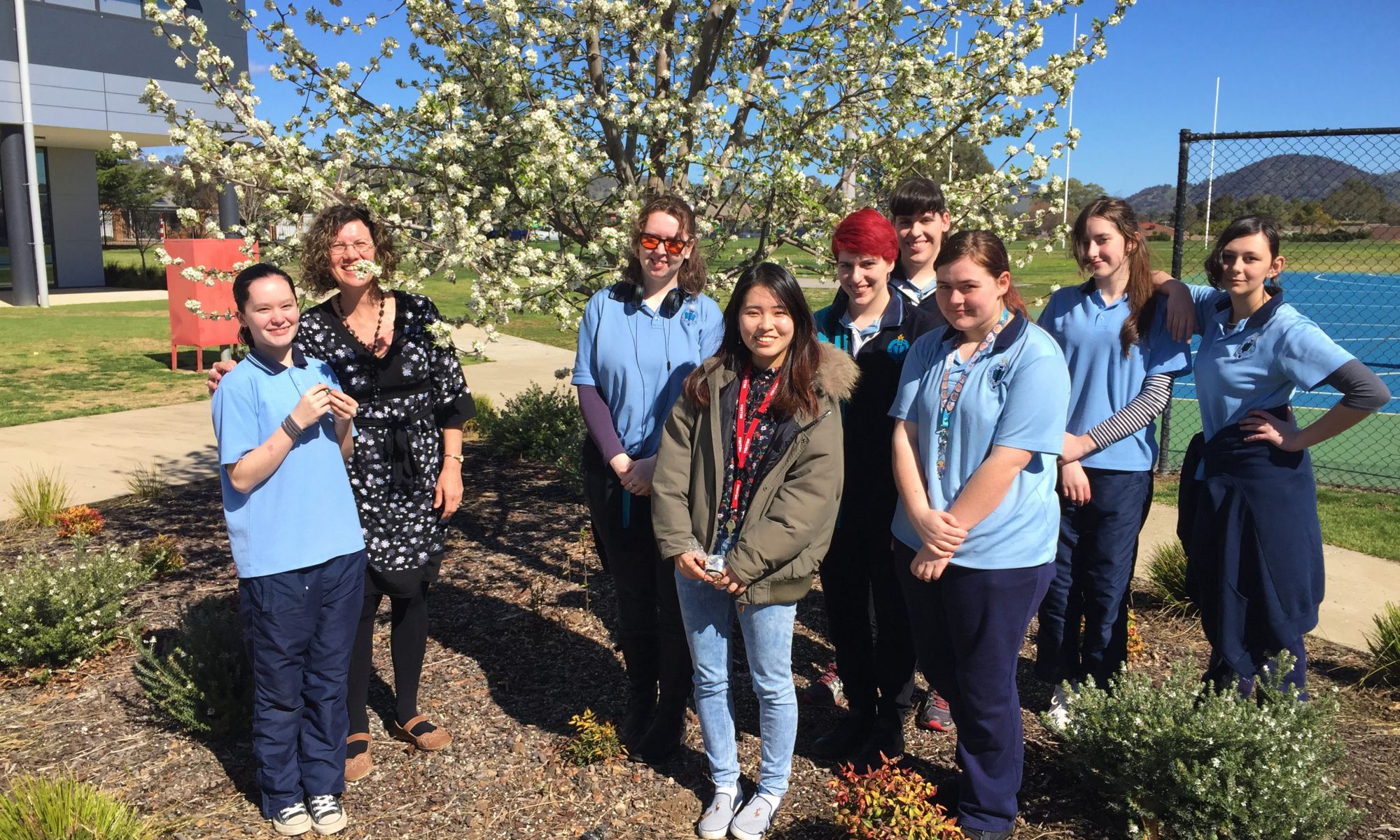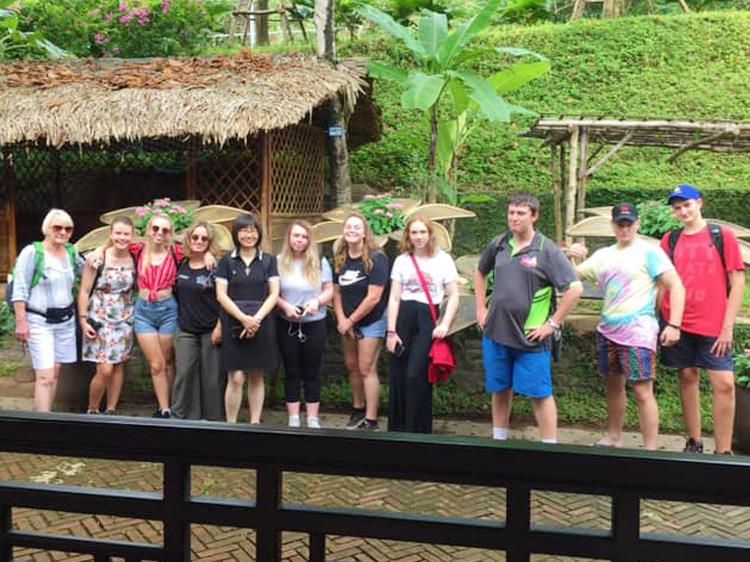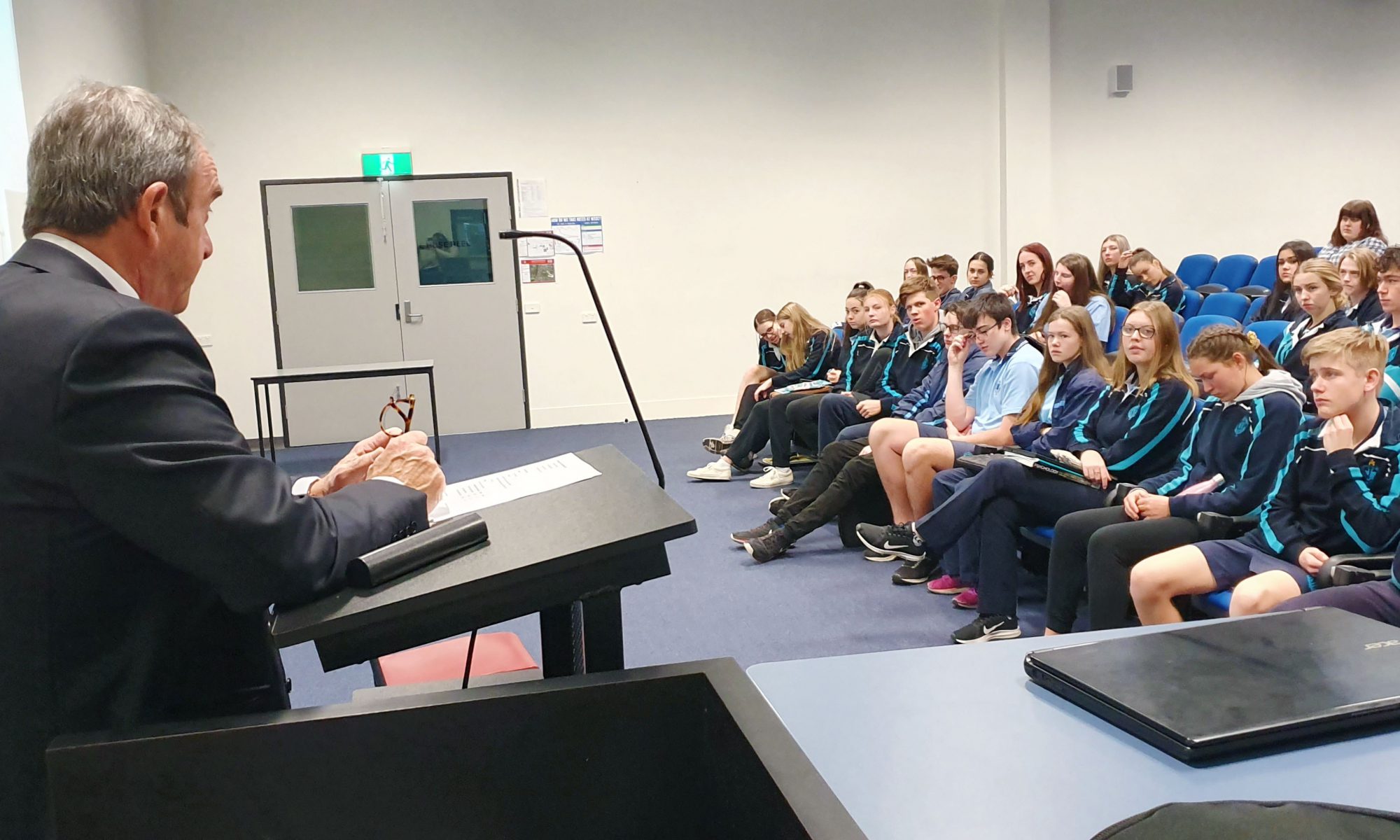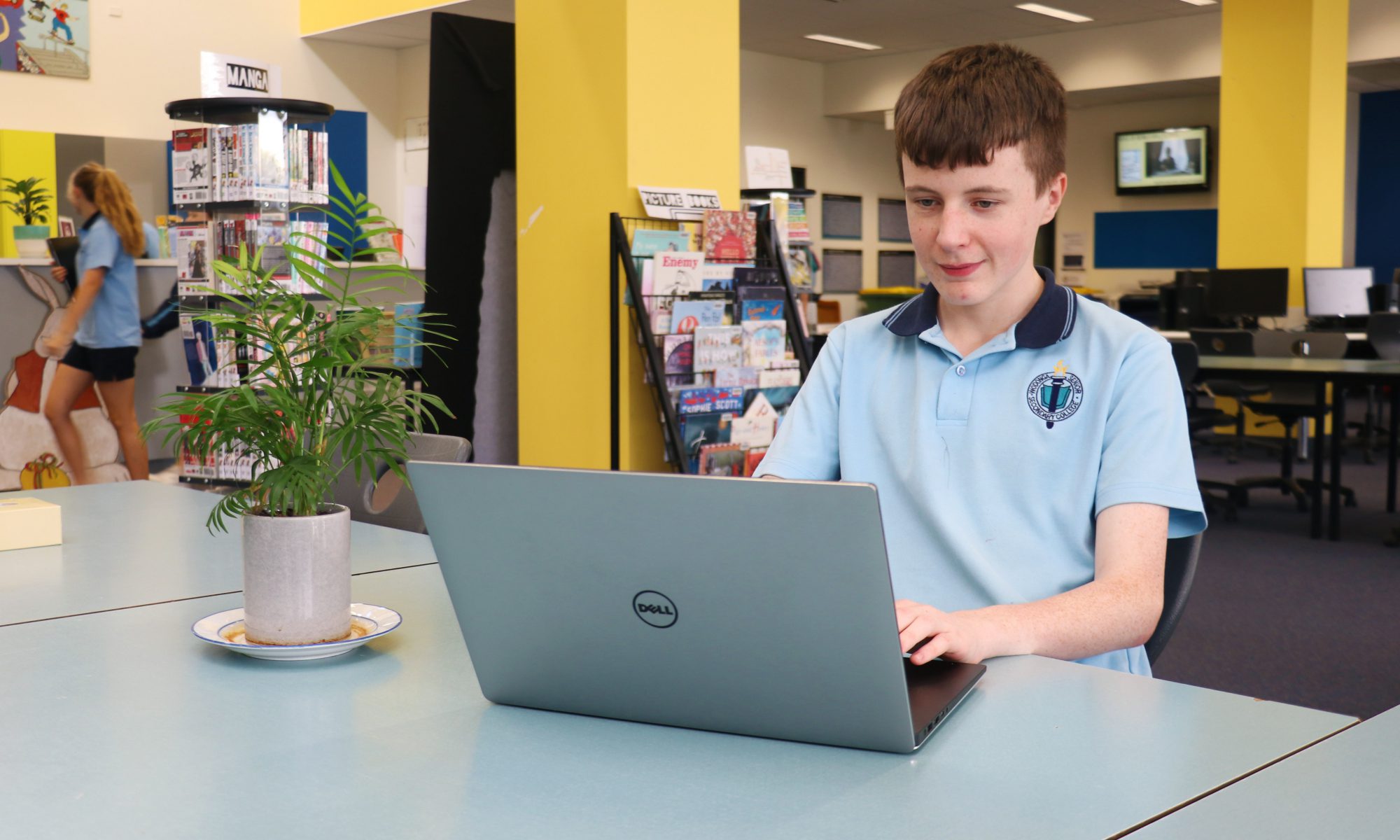Specialist Maths
Course Summary
Have you got a high level of mathematical competence? Looking at studying science or engineering at University? Specialist Maths is really interesting and has a lot of real-world application. You will complete independent modules with some interconnected themes. Topics covered include advanced functions, Statistics and Probability, Complex Numbers, Kinematics, Vectors, Mechanics Differential and Integral Calculus.
VCE: Unit 1, Unit 2 and Unit 3 & 4 sequence available
Learning Activities & Assessment
- Develop rigorous mathematical arguments and proofs and use mathematical models more extensively
- Further improve in-depth mathematical skills and knowledge in preparation for complex university studies
- Demonstrate the application of topics such as functions and calculus
- Extend the understanding and knowledge of probability and statistics
- Explore topics such as vectors, complex numbers and matrices
Classroom Virtual Tour
Quick Links
Approximate Costs
Unit 1 & 2
USB $8
Unit 3 & 4
USB $8
Checkpoints $35 (Optional Purchase)
Learning Area Contact
Maths Learning Area Leader
